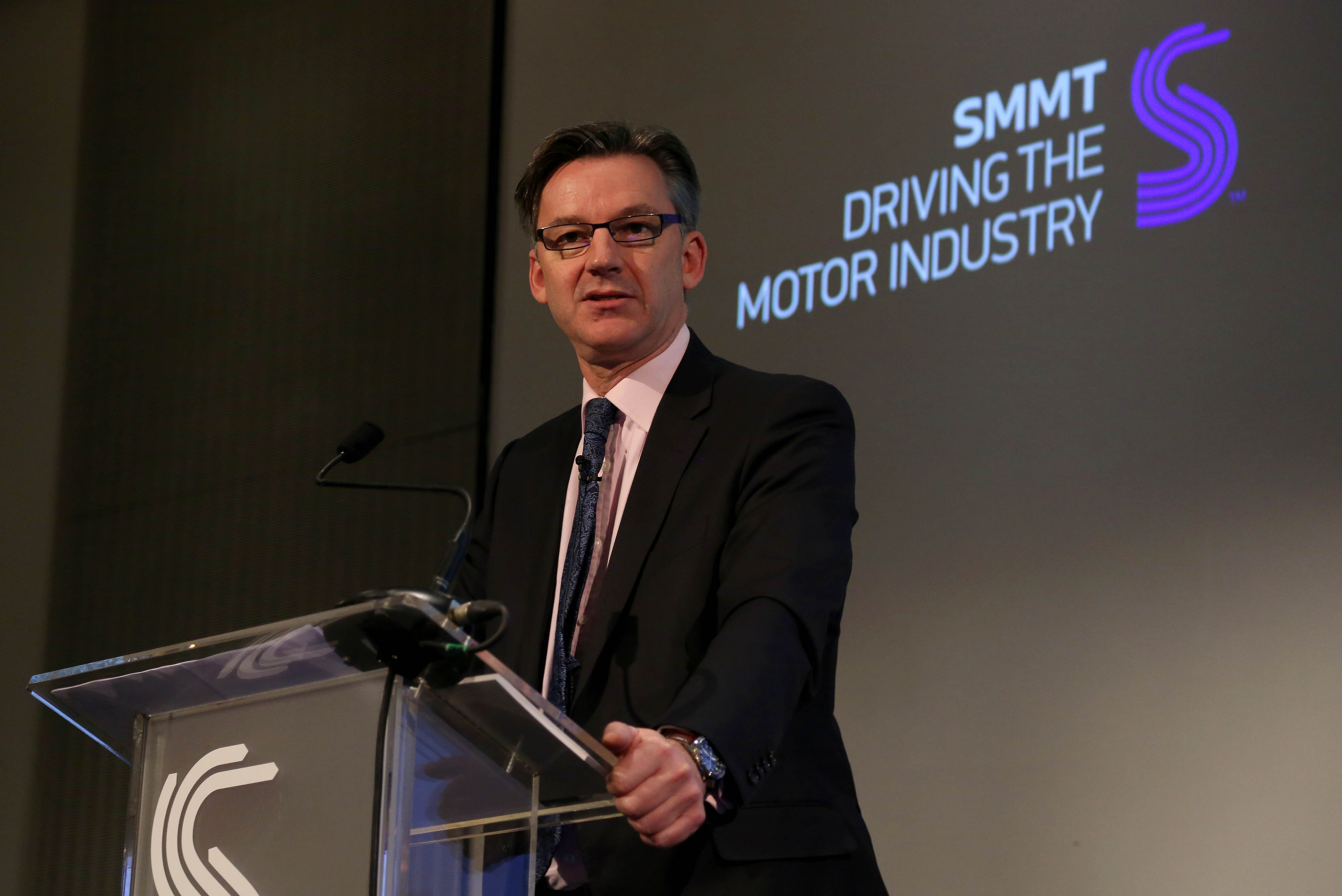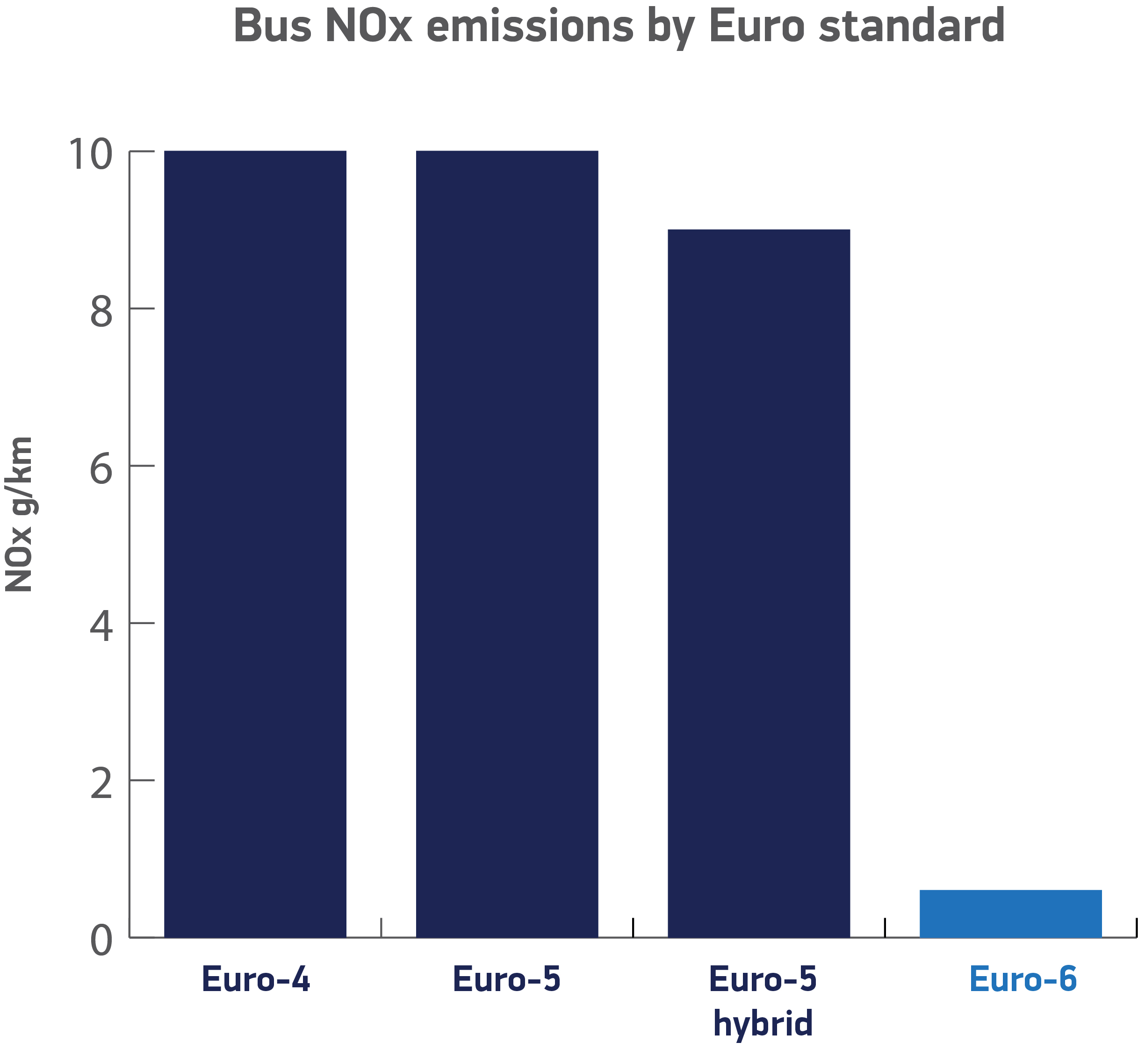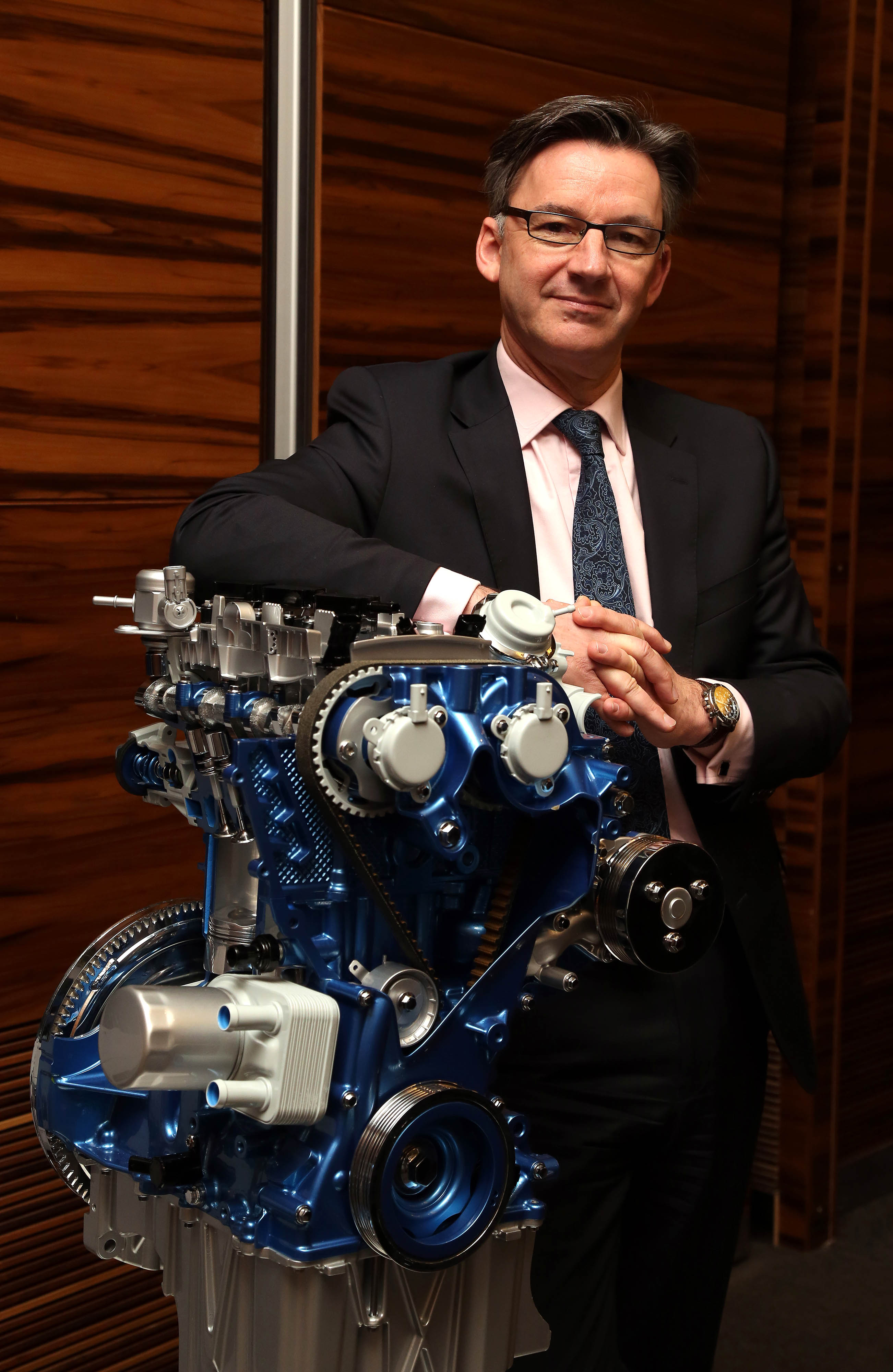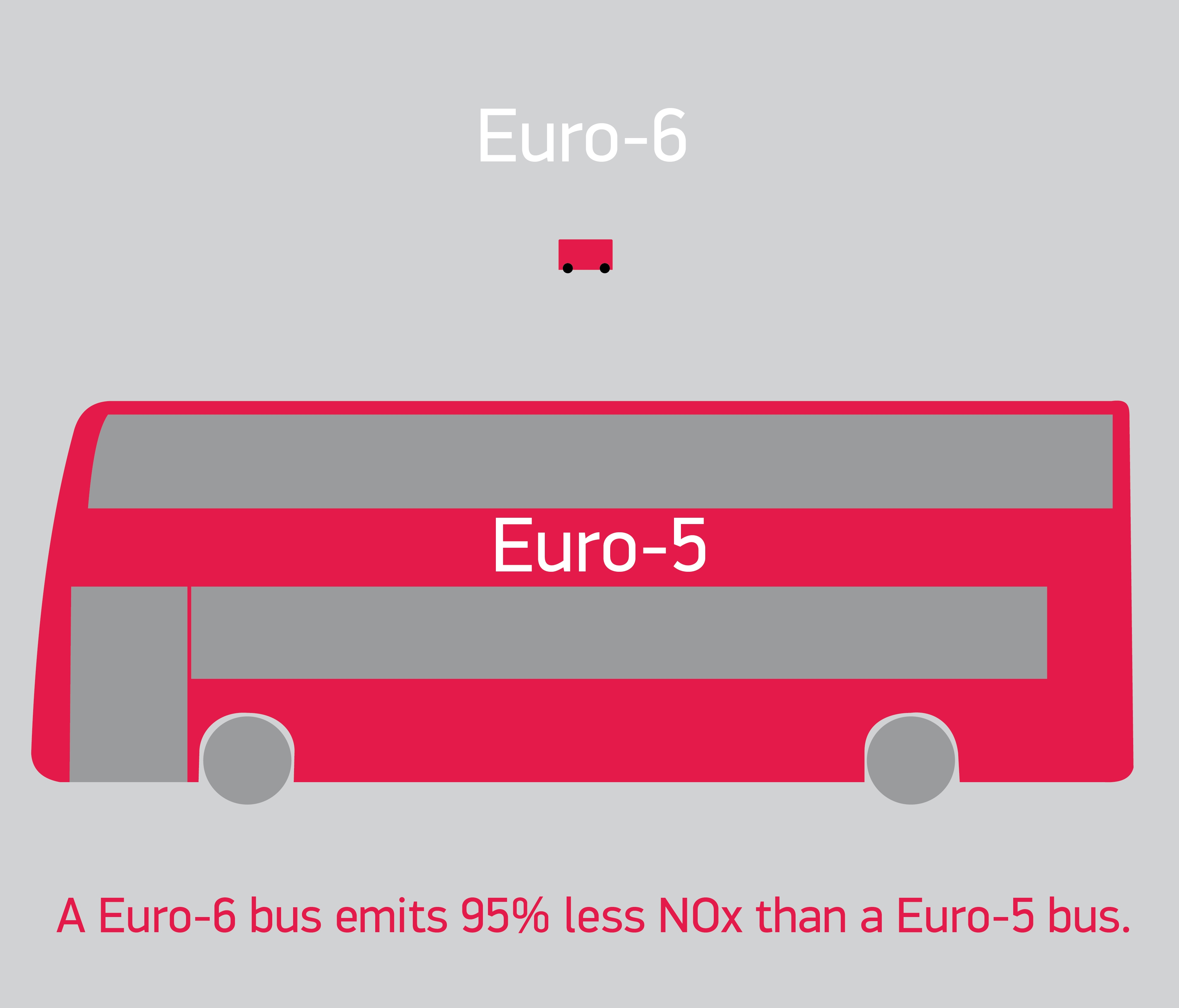- SMMT hosts its first ever debate on contribution of commercial vehicles to improving air quality.
- Real world tests show latest EU-standard low emission diesels 95% cleaner than older vehicles.
- Billions invested in new diesel tech, but 70% of trucks and just 20% of buses registered boast it.
Today SMMT will bring together transport policy makers, vehicle manufacturers and other stakeholders from across the UK at a special event in London to discuss the future contribution of commercial vehicles to improving air quality.
Diesel is not a dirty word, SMMT will say. It will call on government and local councils to recognise the vital role modern diesel vehicles can play in reducing emissions across Britain’s towns and cities – and to do more to support their adoption.
UK manufacturers have already invested billions of pounds in advanced diesel technology to meet the latest European emissions standard known as Euro-6. These new diesel vehicles have filters that capture 99% of harmful soot particulates, while exhaust after treatments drastically reduce emissions of Nitrogen Oxides (NOx).
However, despite these benefits, and the fact that Euro-6 technology has been an EU requirement for heavy duty vehicles since the beginning of 2014, less than three-quarters of commercial vehicles and just a fifth of buses registered in the UK last year were fitted with it1 because of a loophole that allows bus operators here to specify older vehicles for their fleets.
By closing this loophole and supporting the uptake of the latest Euro-6 buses, government and local councils have the opportunity to reduce pollution dramatically, and avoid paying hundreds of millions of pounds in fines that will be levied by the EU if air quality obligations are not met.
The evidence exists that new diesel technology will deliver on these obligations. Real world tests carried out by Transport for London along the cross-city 159 Bus Route show a 95% reduction in emissions of NOx from new Euro-6 diesel buses over their older counterparts.2 In addition, the European Commission has stated that, if fully adopted, the latest Euro-6 compliant vehicles will deliver on air quality targets by 2020.3
Mike Hawes, SMMT Chief Executive, said, “Industry shares public concerns about air quality, and is responding by investing billions of pounds in advanced diesel commercial vehicles that are 95% cleaner than their predecessors. However, while modern diesel technology can make a vital contribution to cleaning up the air we all breathe, it cannot do the job on its own.
“The key now is uptake. It’s time to stop demonising diesel, and for all stakeholders to engage on this issue. Government and local councils must work together with industry and operators to encourage widespread adoption of the latest diesel technology that has the potential to make a dramatic improvement to air quality in the UK. We hope today’s debate will mark the start of that dialogue.”
The UK’s 4.4 million commercial vehicles and buses – 99% of which are diesel – are fundamental to the economy.4 Between them in 2014, they transported people and essential goods, and delivered emergency services across 61 billion miles. Buses, meanwhile, carried commuters on more than 5.2 billion journeys.5
Today’s Improving Air Quality: The Commercial Vehicle Contribution event, hosted by SMMT in London, will showcase the latest low emission diesel technology and open the debate on how transport officials, industry, business and passenger groups can work together to encourage new diesel uptake and develop integrated and sustainable policies that will ensure the UK delivers on its emissions targets at national and local levels.
Speaking at the debate will be John Hayes MP, Minister of State for Transport; Mike Hawes, SMMT Chief Executive; Doug Parr, Chief Scientist, Greenpeace; and representatives from local transport authorities in London, Manchester and Scotland.
- SMMT data
- Transport for London https://consultations.tfl.gov.uk/environment/ultra-low-emission-zone/user_uploads/ulez-supplementary-information—final-291014.pdf
- European Commission, December 2013 (http://ec.europa.eu/environment/air/clean_air_policy.htm)
- SMMT Motorparc data, 2013
- Department for Transport statistics












